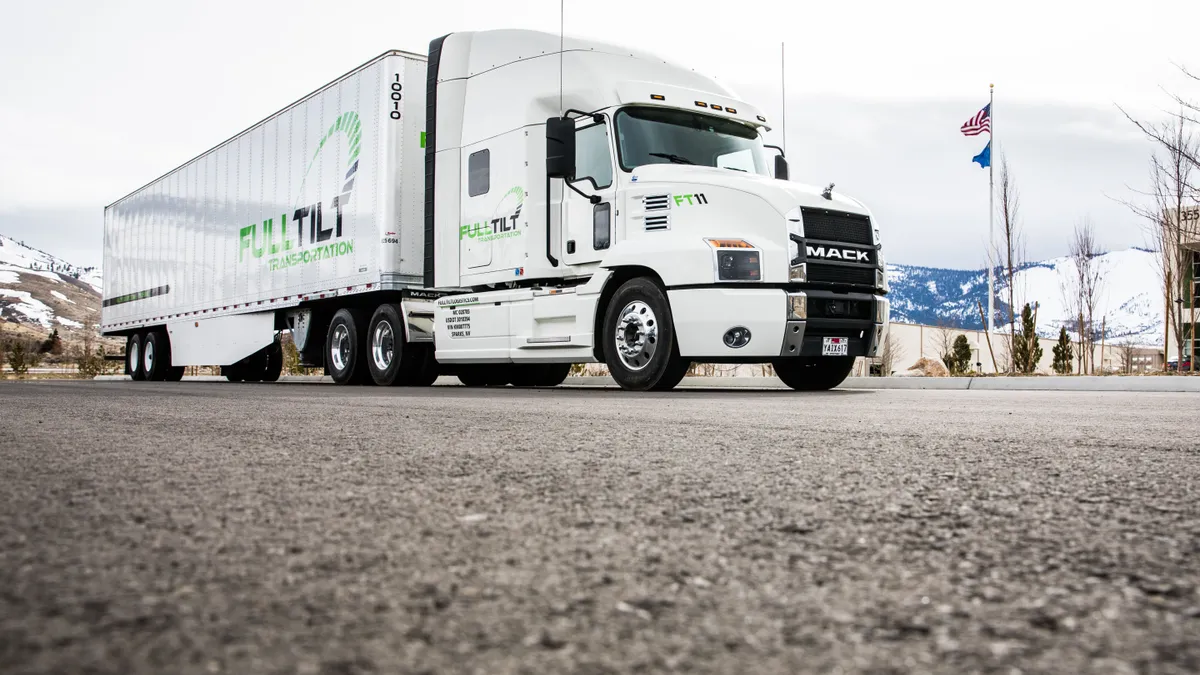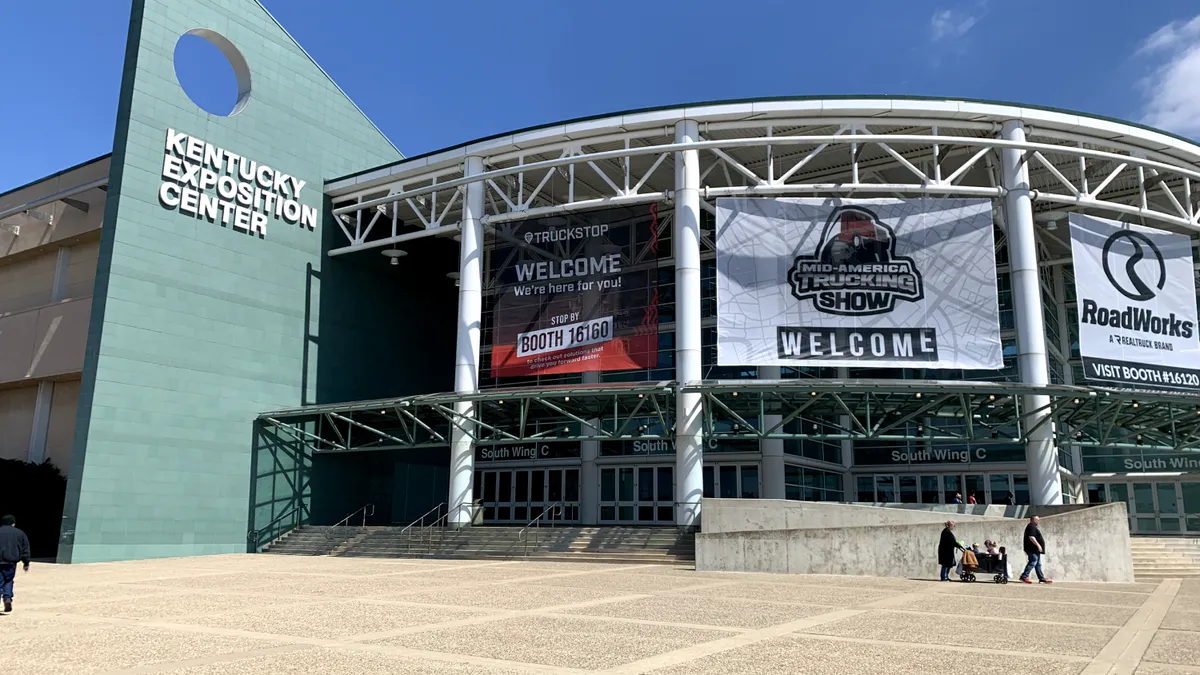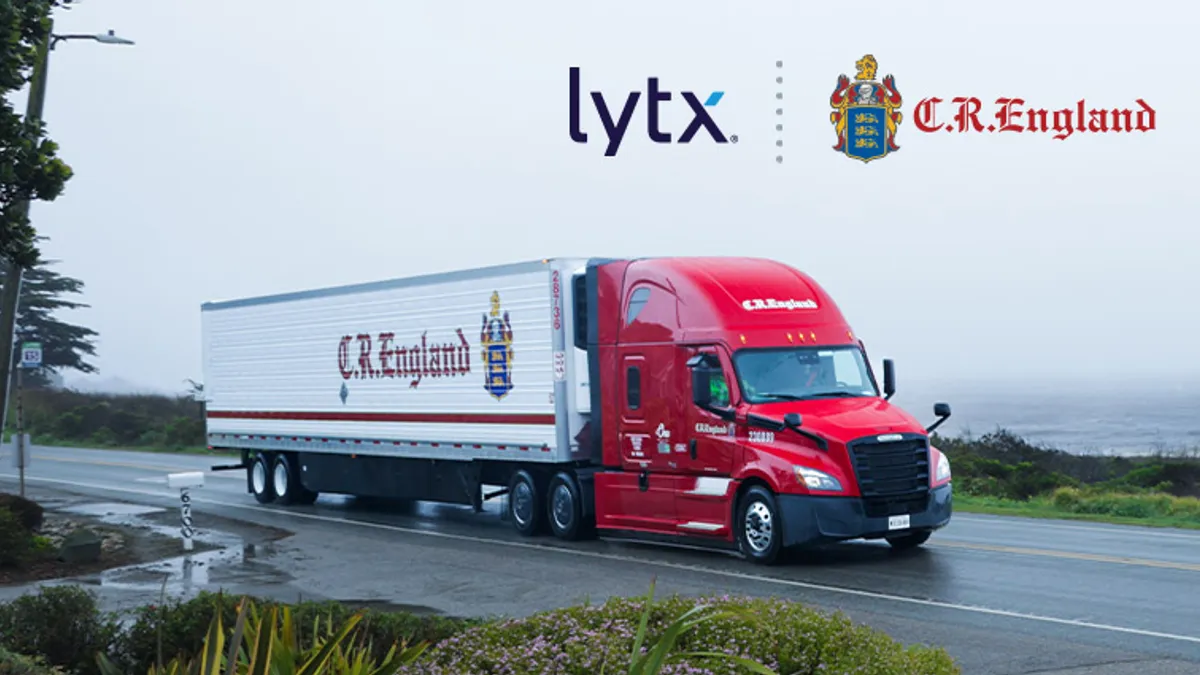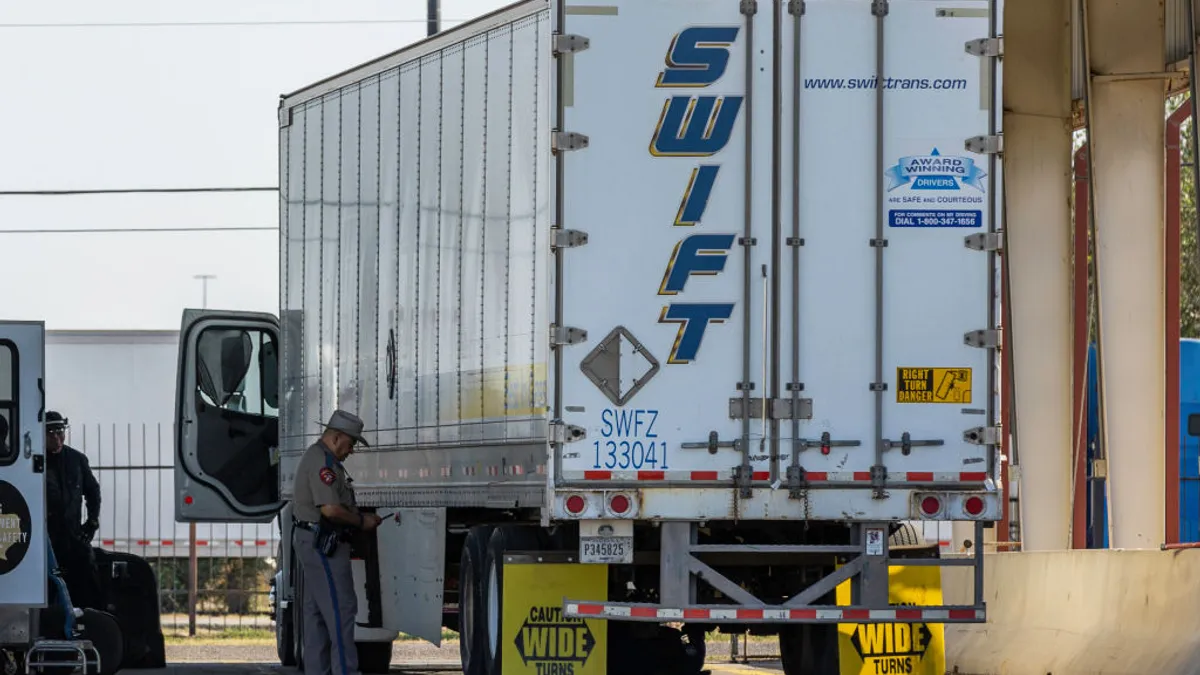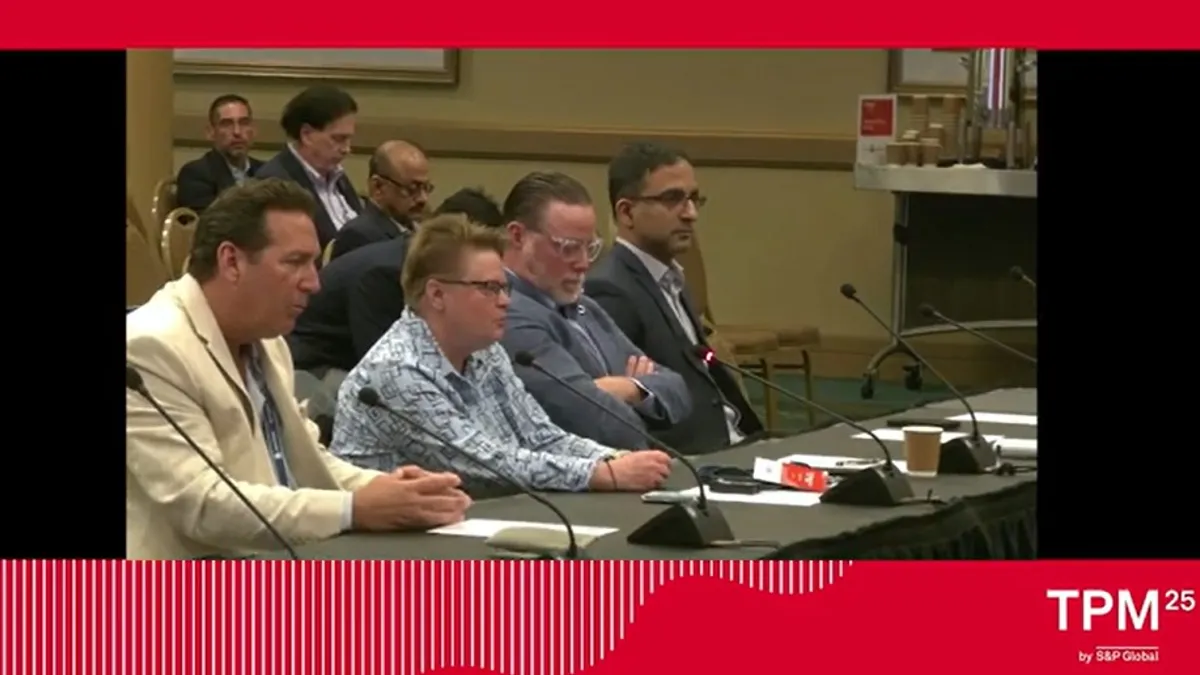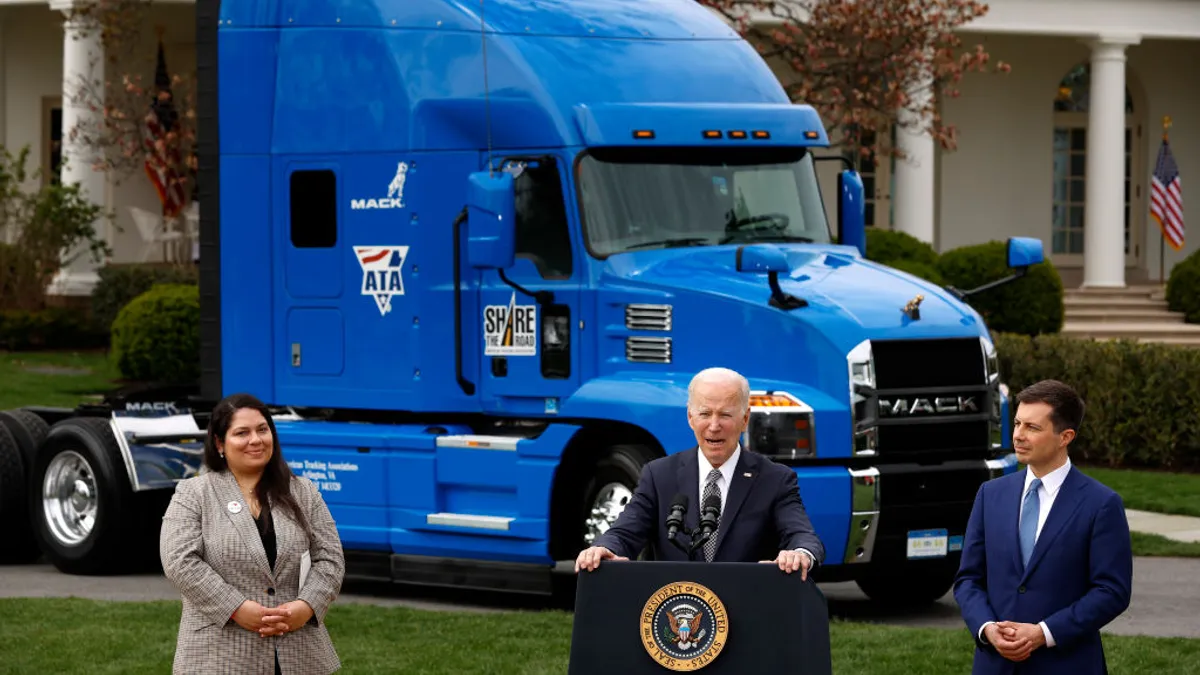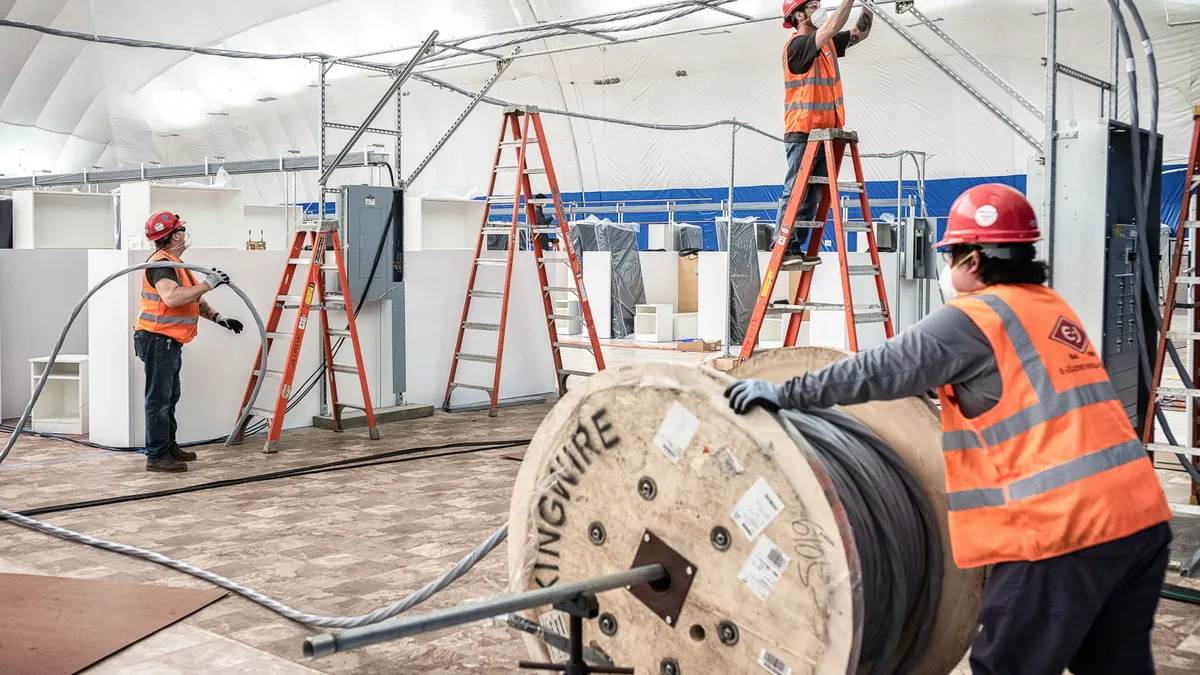Full Tilt Logistics is a small 3PL company that says it has created a company culture to counter the logistics industry’s retention problem and help it grow against major competitors.
The Reno, Nevada-based company, whose clients include food manufacturers, the entertainment industry and time-sensitive products, was founded in 2014. It’s since grown to a staff of 60, including warehouse workers, truck drivers and front-office employees.
“We recognize that our employees are the most important part of our business,” Chief Accounting Officer Jessica Novich said. “We have a family culture here and treat the staff accordingly.”
The result is that employees at the company often refer their friends and family members when openings arise, helping Full Tilt stay on top of staffing needs.
Their personal approach to recruitment is just one example of how the company has created a culture that retains employees. Full Tilt recently opened a new 250,000-square-foot warehouse space, giving the family-owned company a greater ability to deliver goods nationwide and compete against bigger industry players.
And while the logistics industry skews heavily male, Full Tilt’s female leadership says they have no trouble holding their own.
“We know how to multitask and work hard,” Novich said. “I think the make-up of our team has been an asset.”
Building a successful customer strategy
Leadership at Full Tilt is an all-Novich show. CFO Cindy Novich is the family matriarch and mother of Cris and Nic, managing director of transportation and managing director of logistics, respectively. CEO and president is daughter-in-law Tiffany; and the team is rounded out by daughter-in-law Jessica. Keeping it all in the family is helpful to running the business, said Jessica.
“We have no trust issues in our partnership, and when we have ideas or opinions, everyone listens to each other,” Jessica said. “We also have our own lanes, and we stick to them.”
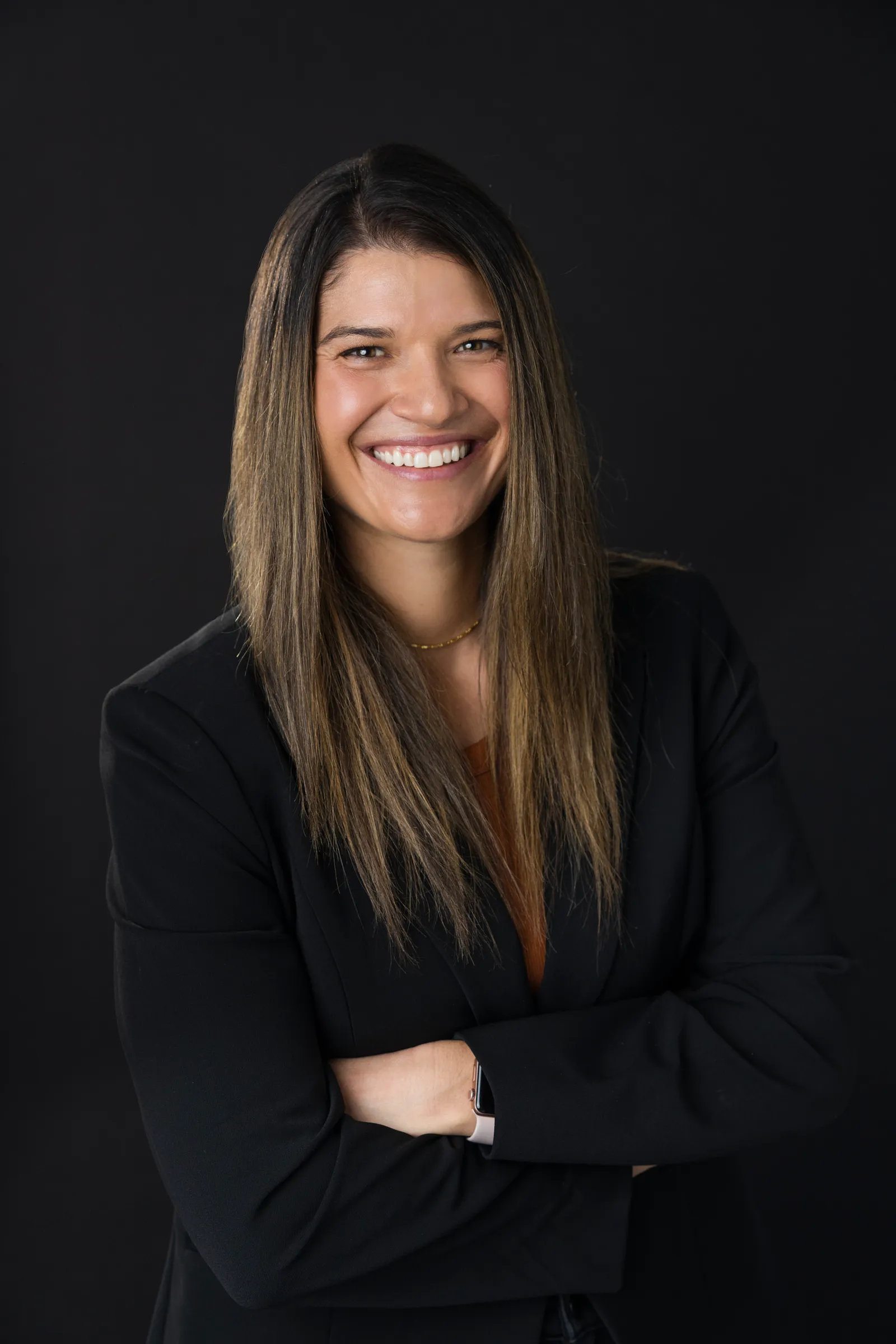
Tiffany and Nic founded the company together in 2014 as a brokerage operation. Jessica was the next family member to join the operation, and husband Cris joined in 2017, tasked with opening Full Tilt's transportation division. Warehousing was the last of the services, added this year.
The company found a profitable niche transporting audio visual equipment for the myriad trade shows that pass through the Reno area. But when the pandemic struck, the company faced a major financial problem.
“When COVID hit, trade shows disappeared overnight,” Cris said. “Our revenue was cut by about 70% in a 10-day span.”
As a result, Full Tilt had to reduce its staff by about nine employees, while simultaneously rebuilding its business from the ground up to cultivate a new, more diverse client base.
“We learned a valuable lesson from the experience,” Cris said, “and now our customer base is more recession-proof.”
Full Tilt's success strategy in the months since the pandemic has been a focus on customer service.
“We’re small enough to give each customer priority,” Jessica said. “This is what we focus on practicing every day. If something unfavorable happens to our customer there is a genuine urge to rectify the problem and help them succeed. The big companies can’t offer that.”
Kevin Beasley, CIO at VAI, a mid-market ERP developer, agreed that such a strategy can work when trying to compete in the industry. The approach allows firms to offer custom services and pricing based on the size of the client company.
"Smaller logistics companies tend to have a named or assigned team available to their customers," Beasley said. "This is an enormous benefit for those customers because they are getting the same people that they come to know on a first-name basis, and they can react much faster than a larger company.”
Full Tilt operates with a conservative approach to growth that Cris said has helped the company effectively scale over time.
“We don’t bite off more than we can chew at the start of a relationship,” Cris said. “We get to know the customer, add services as the relationship progresses, and grow with them.”
Beasley agreed this approach is smart, allowing smaller logistics firms to build trust and familiarity with clients over time.
“As those build, these customers would be more inclined to think of their vendor team as an extension of themselves and feel more comfortable in scaling to more advanced services,” he said.
"Having the technology in place is what puts smaller logistics companies on equal footing with the bigger players — being able to offer the same technology and solutions that the bigger companies offer can offset the challenges of a smaller workforce."

Kevin Beasley
CIO, VAI
Full Tilt's plan for long-term success
Full Tilt has worked to bring in new technology to give staff better operational visibility.
“In the past, we had many partners that helped us analyze data,” Cris said. “We have since moved toward an all-encompassing platform that helps us capture all our data and give us real-time insight on everything we do. This allows us to keep our costs competitive with bigger companies.”
Beasley noted that even smaller companies need to put technology to work for them if they want to grow. This includes not just email, but social media and mobile apps that give customers more freedom to utilize the services they need.
"Having the technology in place is what puts smaller logistics companies on equal footing with the bigger players — being able to offer the same technology and solutions that the bigger companies offer can offset the challenges of a smaller workforce,” he said. “Technology is the enabler to bring the same capabilities."
While Jessica said the company is off to a solid start, they have big plans for future expansion.
"We have many growth plans in the works for all three divisions: brokerage, asset and now warehousing,” said Jessica. “We are hiring for brokerage; we are adding trucks and trailers to our current fleet, and we will continue to add to our warehousing footprint.”


